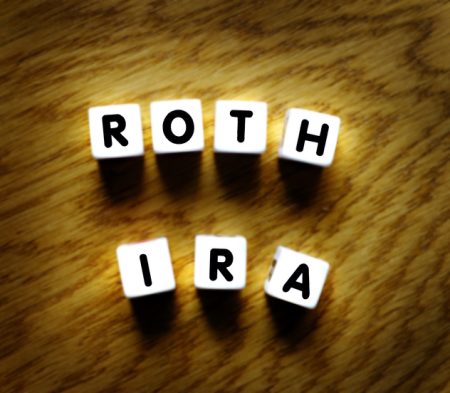Umbrella insurance serves as supplemental liability coverage that activates when your standard policies reach their limits. Retirees often find this coverage valuable, especially if they have accumulated substantial assets and face unique risk factors. A serious auto accident, injury on your property or defamation lawsuit could quickly wipe out retirement savings without enough coverage. That is why it is critical to analyze what insurance you need before deciding on an umbrella policy.
A financial advisor can help you determine what coverage is suitable for your needs so you are protected for the long term.
How Umbrella Insurance Works
Umbrella insurance provides additional coverage after after your standard insurance policies reach their coverage limits. Think of it as a safety net catching financial risks that might otherwise fall through the cracks of your regular insurance coverage.
When a claim exceeds the liability limits of your auto, home or boat insurance, your umbrella policy steps in to cover the remaining costs, up to your policy limit. Umbrella insurance extends beyond standard policies to cover major claims and lawsuits. It typically includes protection against bodily injury liability, property damage liability and personal liability situations like defamation or slander.
Before purchasing umbrella insurance, insurers usually require you to have certain minimum coverage amounts for your underlying policies.
As retirement approaches, it becomes increasingly important to protect your assets. Umbrella insurance offers retirees an extra layer of financial protection that extends beyond standard insurance coverage. This supplemental insurance can be particularly valuable during retirement years when you have accumulated wealth but may have less income to recover from unexpected financial setbacks. With relatively low premiums for the extensive coverage provided, umbrella policies offer exceptional value for retirees looking to protect their financial security.
Start by evaluating your current assets and potential risk exposure. Consider your net worth, including savings, investments, property and future earnings potential. Experts often recommend coverage that at least matches your net worth. Your existing insurer often offers umbrella coverage. Many companies offer discounts when you bundle umbrella coverage with your home and auto policies. Contact your insurance agent to discuss adding this protection to your portfolio. They can explain specific requirements, such as minimum underlying coverage limits you may need to maintain. To find the best policy, do not settle for the first offer you receive. Contact several insurance companies to compare umbrella policy quotes, coverage options and requirements. While price matters, also consider the company’s financial strength, customer service reputation and claim handling process. Beyond price, consider the company’s financial strength, customer service, and claims handling. Online marketplaces often make comparisons easier. As you enter retirement, you have likely built significant assets that need protection. Your home, investments, retirement accounts and savings represent decades of hard work. Umbrella insurance may have a place in your retirement plan if you have substantial assets that could be targeted in a lawsuit. Without adequate coverage, one serious incident could potentially wipe out your retirement savings. Consider your lifestyle and risk factors when deciding if you need an umbrella policy. Do you own rental properties? Have a swimming pool? Host frequent gatherings? Travel extensively? These activities increase your liability exposure. Retirees often have more time for hobbies and activities that may carry additional risks, making umbrella coverage more important during this life stage. Talk to your insurance agent and financial advisor before deciding. They can help assess your specific situation, review your existing coverage and identify potential gaps. A comprehensive review of your retirement plan should include liability protection strategies. The right professionals can help determine the appropriate coverage amount based on your net worth and risk profile. As you enjoy your retirement years, protecting your assets becomes increasingly important. While standard home and auto insurance provides basic coverage, it may not be enough to shield your lifetime of savings from major liability claims. Do retirees need an umbrella insurance policy? For many, the answer is yes, especially if you own property, have significant savings or engage in activities that could increase liability risk. Consider consulting with an insurance professional or a financial advisor to determine the appropriate coverage amount based on your specific retirement situation and assets. Photo credit: ©iStock.com/digitalskillet, ©iStock.com/Khanisorn Chaokla, ©iStock.com/Wasana Kunpol Read the full article hereBenefits of Umbrella Insurance for Retirees

How To Get Umbrella Insurance
Is Umbrella Insurance Right for Your Retirement?
Bottom Line

Risk Management Tips for Retirees
Subscribe to our newsletter to get the latest updates directly to your inbox












